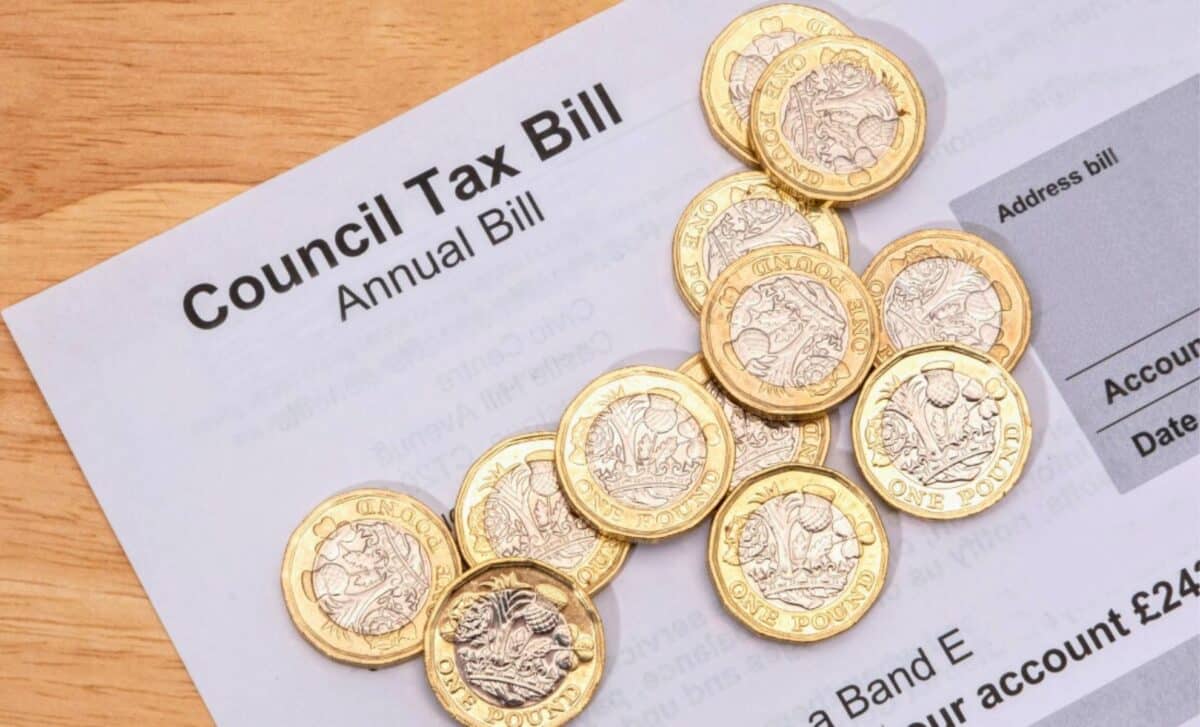Britain’s tax burden is set to hit an all-time high regardless of what the Chancellor announces in next week’s Budget, according to a new analysis. This is primarily due to the 2021 corporation tax increase, along with a freeze on personal income tax thresholds and underlying economic changes, which have led to increased tax revenues.
The UK’s Tax Burden Is Climbing to New Heights
According to analysis by the Institute for Fiscal Studies, the tax burden in the UK is projected to rise to 37.7% of national income by 2028-29, the highest level since the Second World War. Despite the potential tax cuts envisaged by Chancellor Jeremy Hunt, their impact is likely to be minimal in reversing the escalating tax burden.
Moreover, even if Hunt were to cut income tax by £7bn, as some speculate, this would be dwarfed by the revenue raised by freezing personal tax thresholds, estimated at £44bn a year by 2027-28.
In addition, the government will only just meet its target of reducing public debt in the medium term. To achieve this, the authorities are relying on unrealistic spending reduction plans that lack detail on where the cuts will actually be made.
Although day-to-day public service spending is planned to rise 0.9% annually above inflation from 2025 to 2029, this must fund increased defence and foreign aid spending, maintain schools and NHS funding, expand childcare, and boost the NHS workforce.
What’s Causing the Increased Tax Burden in the UK?
The UK’s tax position has increased due to various factors, including the recent rise in the corporation tax rate from 19% to 25% for large companies in 2021 and the multi-year freeze on personal tax allowances. It is estimated by the IFS that increasing corporation tax and freezing allowances will generate £44 billion of additional annual tax revenue by 2027-2028.
Balancing Spending Cuts and Public Services
While the rising tax burden will allow the government to just meet its debt reduction target, the IFS says that spending cuts, which have not yet been detailed, will be required. However, the proposed cuts of 0.9% a year to public service budgets may be unrealistic given the promises to increase funding for defence, foreign aid, schools, childcare and the NHS. Therefore, crafting a budget that balances these priorities with fiscal discipline will be a significant challenge.
Tax Burdens Across Developed Nations
When compared with other developed countries, the UK’s tax burden is in the middle range. According to the Organisation for Economic Co-operation and Development (OECD), the average tax burden across OECD countries in 2019 was 33.8% of GDP.
Several European countries, such as Denmark, France, and Belgium, have significantly higher tax burdens, exceeding 40% of national income. Conversely, countries like South Korea, Chile, and the United States have lower tax burdens, ranging from 25-30% of GDP.
Overall, even though the UK’s rising tax burden is similar to that of other developed countries, government policymakers should remain mindful of its impact on economic growth and competitiveness. It is crucial to maintain moderate tax rates while promoting efficiency and fairness for sustainable long-term growth.









